Purina AquaMax Grower 400 Pelleted Fish Feed, 50 lb. Bag
The Purina AquaMax Grower 400 Fish Feed is 100% nutritionally complete for starting fish and early growth phases for both carnivorous and omnivorous species. This fish food is a sinking product in a 3/32 in. extruded pellet with approximately a 50% float rate. Designed with every species in mind, this fish food has an enticing flavor that ensures proper consumption and reduced waste after feeding.
The Purina AquaMax Grower 400 Fish Feed is 100% nutritionally complete for starting fish and early growth phases for both carnivorous and omnivorous species. This fish food is a sinking product in a 3/32 in. extruded pellet with approximately a 50% float rate. Designed with every species in mind, this fish food has an enticing flavor that ensures proper consumption and reduced waste after feeding.
- Complete and balanced diet for omnivorous or carnivorous fish
- Highly palatable flavor helps to ensure proper consumption of the pet food
- Simple design produces little waste and optimal feed conversion
- Designed to appeal to various species at various growth stages
- The fish food is appropriately sized at 3/32 in. for grower fish of several species
- Significant nutrient absorption means cleaner water
Additional information
| Feed Packaged Weight | 50 lb. |
|---|---|
| Fish Type | Largemouth Bass, Hybrid Striped Bass, Freshwater Fish, Blue Gill, Catfish, Trout, Tilapia |
| Food Form | Pellet |
| Packaged Height | 30 in. |
| Packaged Length | 4.5 in. |
| Packaged Width | 18 in. |
| Package Size | 50 lb. |
| Packaging Type | Bag |
| Manufacturer Part Number | 1466 |

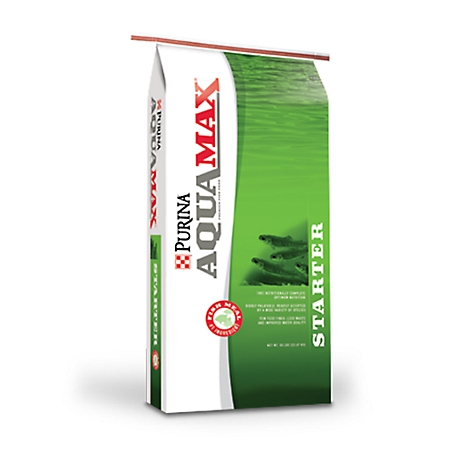
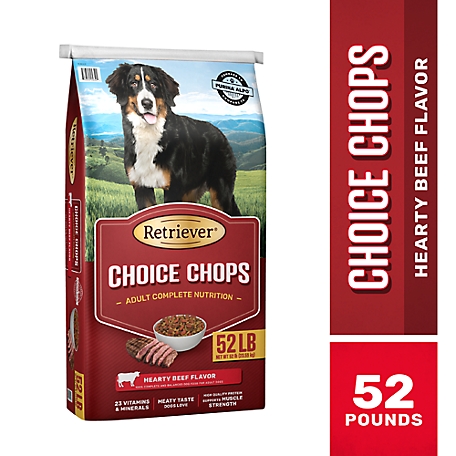



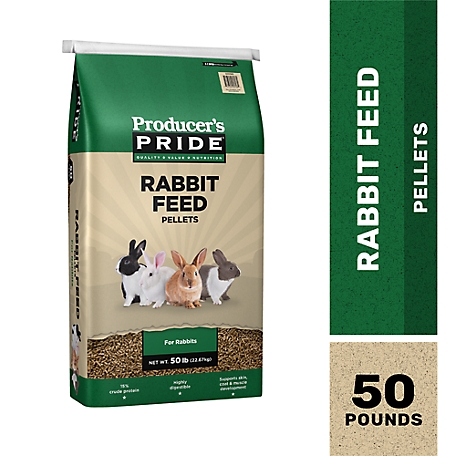
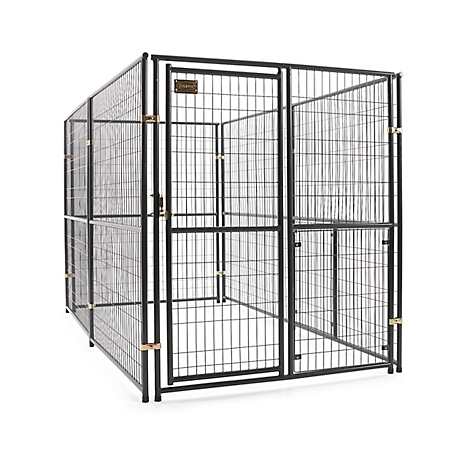
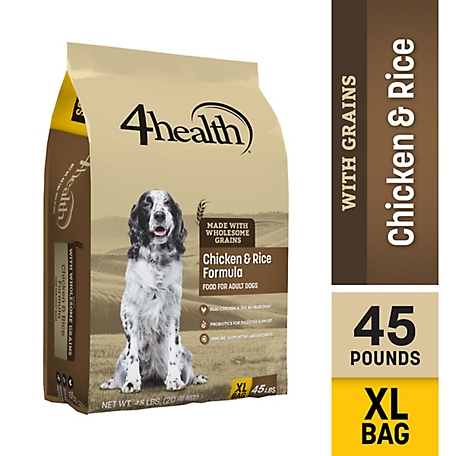


by Nonna
Great for our little shiners!
by Landry
Works great, It took a couple days, but they feed good on it now.
by Sherry
Works great and fast shipping.